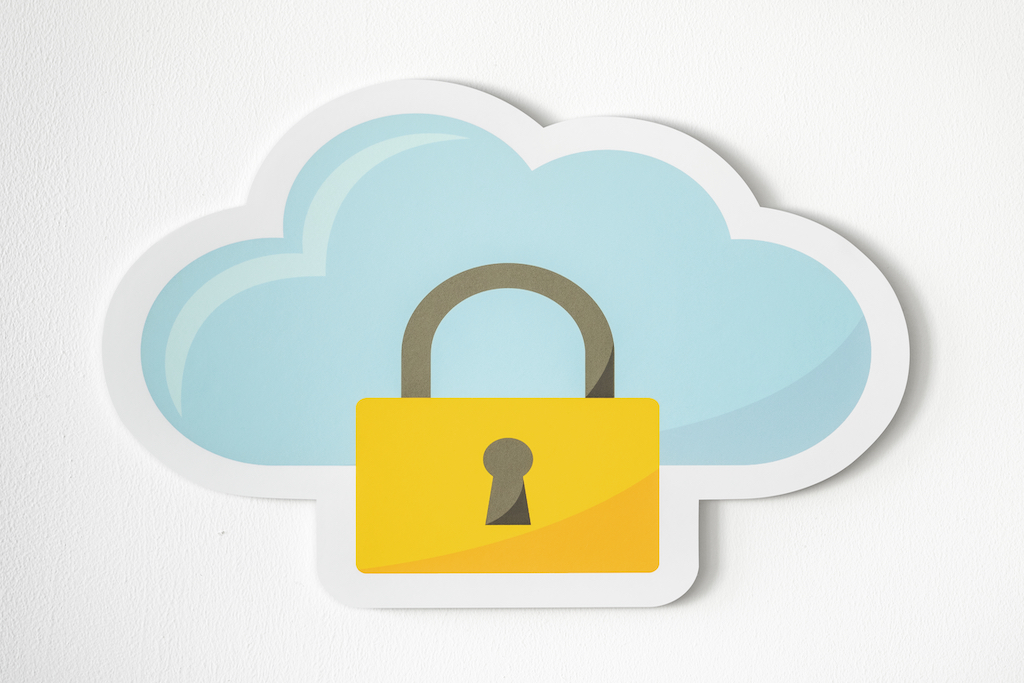Businesses of all sizes are migrating to the cloud to take advantage of the increased data availability, substantial cost savings, and data redundancy that cloud computing offers versus a traditional data center-based physical infrastructure.
By removing data stores from storage closets, opting for the cloud can help data be managed and safeguarded per best practices and legal requirements.
For businesses, choosing the best cloud service and putting in place their own security measures present many difficulties. Since there are now more cloud platforms available, it’s critical to make sure the service you select supports data integrity, privacy, and availability.
When moving to the cloud or changing your cloud storage plan, keep the following factors in mind.
Top Data Security Challenges in Cloud Computing
Business apps can these days grow to sky-high levels and handle complex use cases thanks to the boundless potential of cloud services. However, the level of threats that data on the cloud poses also rises.
We’ll then look at some of the greatest hurdles to protecting your cloud data.
Insecure Access Control Points
Cloud services are by their very nature available from any location and on any device. The widespread usage of components like API endpoints, which can be accessed from anywhere, poses a serious threat to the cloud’s security standing.
By making API endpoints vulnerable, a cybercriminal can access data and possibly change it, jeopardizing its integrity.
Here are two often-used ways to secure yourself:
- Penetration testing which simulates an external assault on a set of API endpoints to breach security and gain access to the company’s confidential data.
- Audits of general system security
Some challenges are connected. And to that point, insecure API leads to misconfigured cloud storage.
Misconfigured Cloud Storage
Misconfigured storage is a follow-up to an API (Application Programming Interface) cloud security issue. In most cases, security risks arise in cloud computing due to human error and audit done in haste. Cloud misconfiguration is actually a setting for servers (used for computational or storage purposes) that leaves them susceptible to hacks.
The most often seen forms of misconfiguration are:
- Default server settings for cloud security, including typical access control and data accessibility;
- Inadequate access control: When an individual with limited access accidentally gains access to confidential information;
- Mismanaged data access – leaving sensitive data without security measures for accessing it.
Here are some tips on avoiding such a scenario:
- When setting up a specific cloud server, double-check the settings for cloud security. Even though this seems like an obvious tip, people tend to gloss over it in favor of supposedly more pressing matters like putting goods in storage without thoroughly dealing with cybersecurity.
- Check security settings using specialized tools. Third-party tools from trusted providers can be used to periodically monitor the condition of security settings and spot potential issues before they become serious.

Data Loss
Since it is simple to lose track of how much data you are storing, constant monitoring is necessary to ensure data security.
Data loss may occur in some situations where users don’t have adequate controls. In the cloud, data loss does not always equate to data being forever lost. The user just might not have access to this sensitive information for a variety of reasons. Lack of data backups, automatic data loss controls, and even audits and risk assessments can all result in data loss in the cloud.
Data Breaches
A data breach poses a cause-and-effect risk to data security. If a data breach occurs, it signifies that the business failed to address some cloud security issues, which then had a causal effect.
An incident where information is accessed and retrieved without authority is called a data breach. Typically, this incident causes a data leak.
Although classified info can be made available to the public, it is typically sold illegally or kept hostage by cybercriminals.
The event itself is a stain on a company’s reputation, even though the severity of the effects depends on the particular company’s crisis management capabilities.
Final Word
Proper data security in the cloud has typically proven difficult and ineffective. However, there are ways to simplify your approach to cloud security, particularly if you select a reliable managed service provider.
Businesses will continue to move to cloud infrastructure as remote working becomes more common. Because of this, it is more important than ever for enterprises to have a solid, trustworthy, and comprehensive cloud security policy in place to host a safe and secure cloud infrastructure. Having a plan in place can help businesses in avoiding overspending or underspending on cloud security measures.







